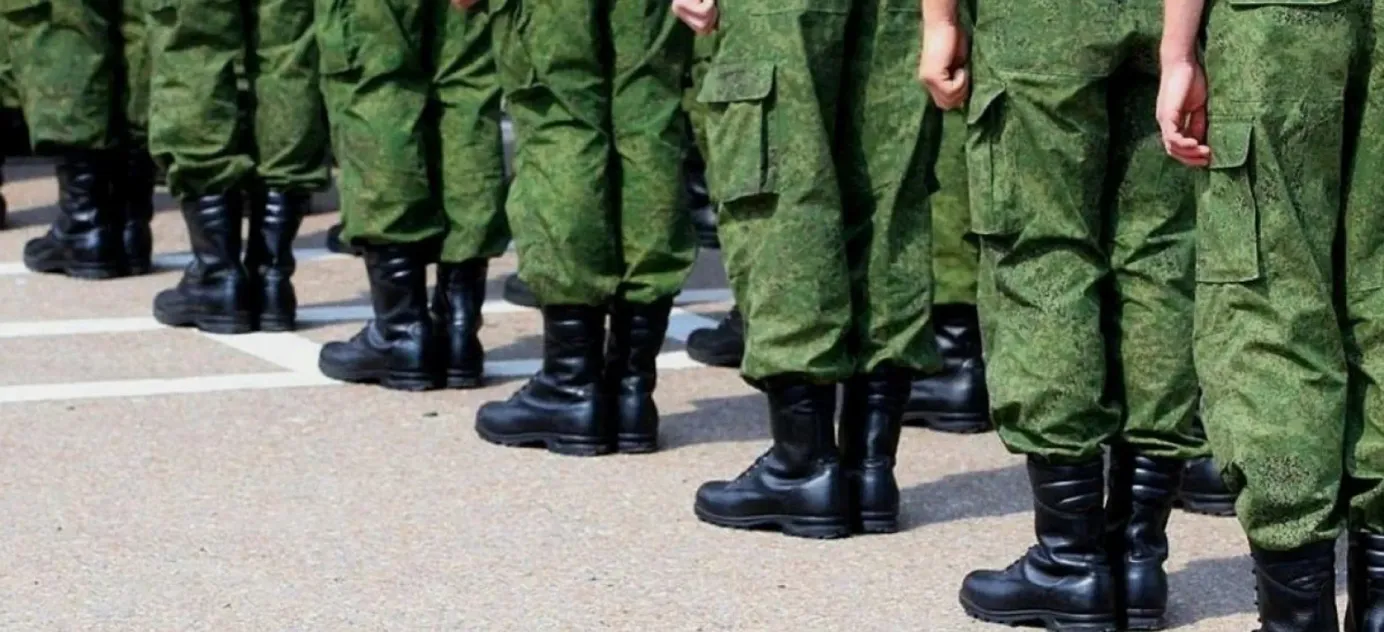
Russia’s new elite being pushed into politics
Russian soldiers who have fought in Ukraine have become a powerful new social class in Russian society. They get state subsidies, extra welfare payments, career boosts, and, for some, a fast track to power. President Vladimir Putin often calls veterans and soldiers Russia’s “new elite,” asserting that the leadership of the country could be safely transferred into their hands at some point in the future. Independent Russian TV channel Dozhd investigated how those returning from the front have cashed in on their time in the Russian military to transform their lives.
- The Dozhd report looks at several people who have returned to Russia after fighting in Ukraine and are now receiving some kind of preferential treatment from the state. Sergei Bormotov used to direct a ballroom dance troupe before he volunteered to serve at the front. He was discharged due to his age and back home was invited to run for city council in Chelyabinsk, and became an assistant to an MP in the State Duma. The elections have yet to take place, but Bormotov won in primaries for the ruling United Russia party.
- Irina Erdneyeva, whose husband was killed in the war, became head of the Committee of Soldier’s Families in Kalmykia, one of Russia’s poorest regions in the south of the country. She enrolled at Synergy, a private Russian university, free of charge and without any problems, and children of veterans get free kindergarten places and free school meals.
- Evgeny Strazhinsky, a mechanic, was head of a manufacturing workshop before the war. In 2021, he stood for election to local government in the small town of Urai in Khanty-Mansiysk (one of the most oil-rich regions on Earth, located in central Russia). After defeat at the polls he lost his job — according to Strazhinsky, this was at the request of the election winner. He was mobilized to the front and, while serving, was invited to stand for election again, this time on the United Russia ticket, the party he previously ran against. “There’s no other way you can get [into power],” he said.
Why the world should care
Most Russian soldiers are not looking to launch a political career, and most that do are not successful. This spring, the overwhelming majority of “veterans” that stood in primaries to be a United Russia candidate in regional elections taking place later this year were defeated. Nonetheless, the status of being a “participant in the special military operation” opens up the kind of political opportunities that pre-war opposition figures in Russia could only dream of. Describing the mindset of many Russian veterans, sociologist Oleg Zhuravlev told Dozhd: “These people not only welcome the war, they have some requests for the state, some ambition to take part in political life ... They are critical of corruption in the military.”



PAID SUBSCRIPTION LAUNCH
From May 1, 2025, The Bell in English will no longer be free
From May 1, 2025, all The Bell’s newsletters and online content will be behind a paywall. We have taken this decision so that The Bell can remain financially independent, and maintain our high standards of journalism and economic expertise






